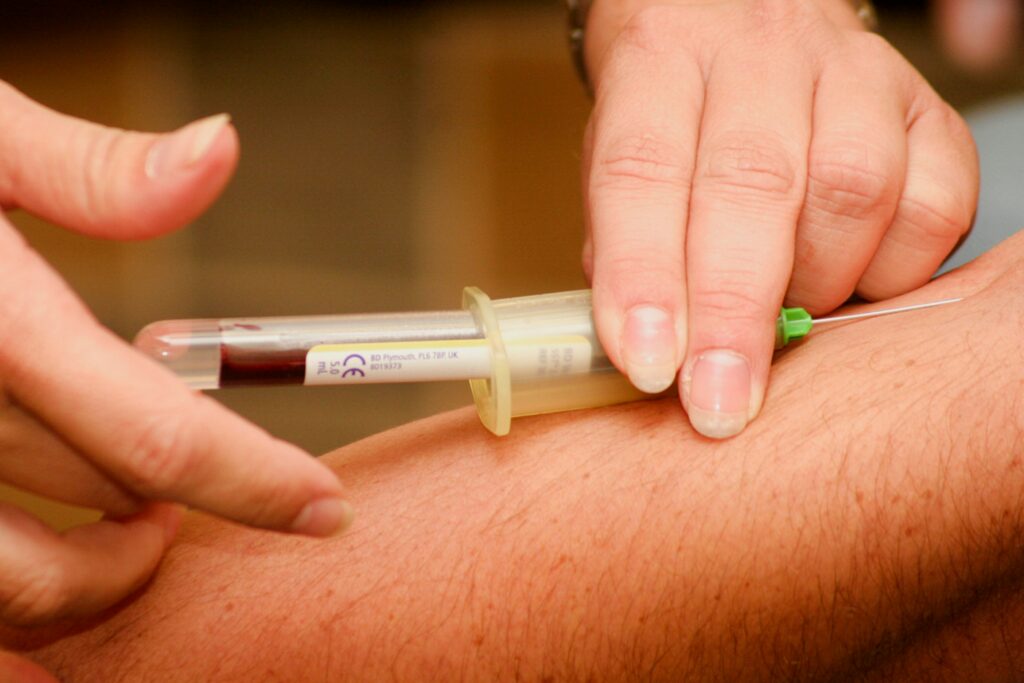How Donating Blood Saves Lives: The Lifesaving Benefits Explained
Blood donation is a simple and selfless act that saves countless lives each year. Despite this, many people are still unaware of the critical role blood donors play in healthcare. In fact, one donation can help save up to three lives. In this article, we’ll explore how donating blood works, the benefits it provides, and why it’s essential to donate regularly.
Why Blood Donation is Important
Blood is vital for life. It carries oxygen and nutrients to the body’s organs and tissues, helping to fight infections and heal wounds. Some people, however, face conditions that prevent their bodies from producing enough blood or from using it effectively. For these individuals, blood donations are often a lifeline.
In addition, blood is needed for surgeries, medical treatments, and emergencies. Car accident victims, cancer patients, individuals undergoing surgeries, and those with chronic conditions such as sickle cell anemia rely on blood donations for survival. Without an adequate supply of blood, doctors would struggle to treat these patients effectively.
The Different Types of Blood Donations
There are several types of blood donations, each with its specific purpose:
-
Whole Blood Donation:
This is the most common form of donation, where the donor gives a pint of blood. This blood is then separated into its components (red blood cells, plasma, and platelets) to be used for different medical needs. -
Platelet Donation:
Platelets are essential for blood clotting. They are particularly important for patients undergoing chemotherapy or those with blood disorders. In a platelet donation, only the platelets are collected, and the rest of the blood is returned to the donor. -
Plasma Donation:
Plasma is the liquid portion of blood that helps carry nutrients, hormones, and proteins throughout the body. Plasma donations are often needed for patients with liver disease, burns, or clotting disorders. -
Double Red Cell Donation:
In this type of donation, a donor gives two units of red blood cells while other components like plasma and platelets are returned to them. This donation is typically recommended for individuals with high red blood cell counts.
How Donating Blood Saves Lives
Blood donations play a crucial role in healthcare. Here are a few ways they directly save lives:
-
Emergency Care:
In emergencies, such as car accidents or natural disasters, people often lose a large amount of blood. Blood donors ensure that hospitals have enough supplies to treat these patients quickly and effectively. -
Cancer Treatment:
Cancer patients often need blood transfusions to replace blood cells lost due to chemotherapy. Regular blood donations ensure that enough blood is available for these critical treatments. -
Chronic Conditions:
People with chronic conditions like sickle cell disease or thalassemia require regular blood transfusions to stay healthy. Donors provide the blood these patients need to survive. -
Surgical Procedures:
During surgery, especially major procedures like organ transplants, patients may lose significant amounts of blood. Surgeons rely on donated blood to replace what is lost and prevent complications during and after surgery. -
Blood Disorders:
Blood donations help treat patients with blood disorders like hemophilia. These patients often require blood products, such as clotting factors, to manage their conditions.
The Lifesaving Benefits of Donating Blood
While blood donation primarily benefits recipients, it also offers several benefits to the donors:
-
Health Benefits for Donors:
Donating blood regularly can reduce the risk of iron overload, which is linked to heart disease. It also stimulates the production of new blood cells, keeping your blood system healthy. Some studies suggest that donating blood can lower the risk of certain cancers and reduce the risk of liver disease. -
Psychological Boost:
Knowing that you have made a difference in someone’s life can give you a sense of fulfillment. Many donors feel a strong sense of pride and satisfaction from helping others, and it can improve mental well-being. -
Free Health Screening:
When you donate blood, you receive a mini-health check-up. Blood donation centers screen your blood for diseases, and you are informed if anything unusual is found. This can help detect health issues early on. -
Save Multiple Lives:
As mentioned earlier, one blood donation can help save up to three lives. This means that by taking a few minutes of your time, you can have a significant impact on multiple people’s lives, making your donation even more meaningful.
Who Can Donate Blood?
Most healthy adults are eligible to donate blood. However, there are some basic requirements, such as:
- You must be at least 17 years old (16 with parental consent in some states).
- You should weigh at least 110 pounds.
- You must be in good health and feel well on the day of donation.
Certain medical conditions, such as active infections, cancer, or recent surgeries, may disqualify you from donating. It’s always a good idea to check with your local blood bank or donation center if you have any concerns.
How Often Can You Donate?
The frequency of blood donation depends on the type of donation:
- Whole Blood Donation: You can donate every 56 days (about every 2 months).
- Platelet Donation: You can donate platelets once every 7 days, up to 24 times per year.
- Plasma Donation: Plasma can be donated as often as once every 28 days.
- Double Red Cell Donation: This can be done once every 112 days (about every 4 months).
Conclusion
Donating blood is one of the most generous and impactful things you can do. It saves lives, supports medical treatments, and helps patients in need. By donating blood regularly, you can make a meaningful difference in your community and contribute to a healthier world. If you’re eligible to donate, consider making it a regular part of your routine. The gift of life is truly in your hands.

